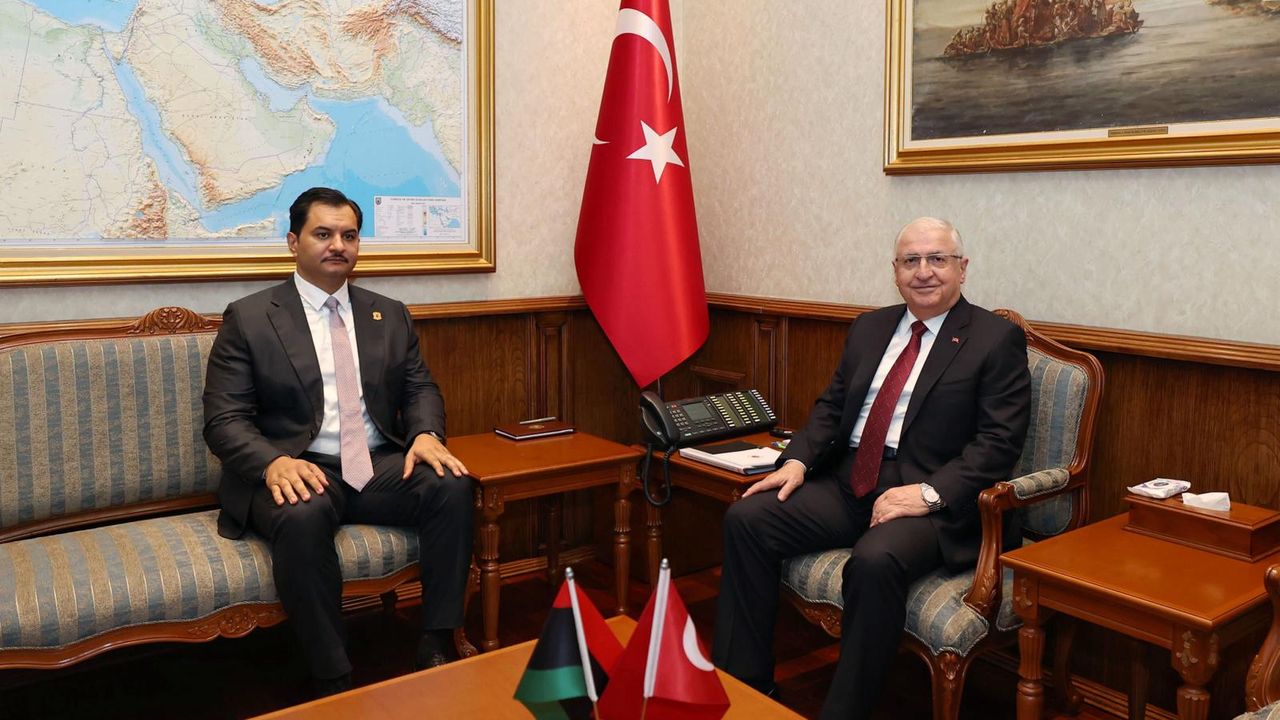Nigeria drops plan to jail non-voters after public outcry

Nigeria has backed down from a contentious proposal to make voting mandatory following heavy backlash, underscoring the widening rift between the country’s elites and its disillusioned voters.
The government had previously proposed a six-month prison sentence or a fine of 100,000 naira ($63), for eligible voters who failed to cast their ballots, according to Africa News.
However, in a statement on May 26, a government spokesperson confirmed that the proposal had been withdrawn speaking with “many people and groups across the country.”
“From the start, the goal was to get more people involved in elections and strengthen democracy by boosting voter turnout,” the statement said.
The withdrawal comes amid growing disillusionment with Nigeria’s electoral system. Voter turnout has steadily declined since the country’s return to civilian rule in 1999, reaching a historic low of 27 percent in the 2023 presidential election. This has raised serious concerns among officials about public disengagement from democratic institutions.
House Speaker Abbas Tajudeen, who first introduced the bill, said it was intended to reverse that trend and “bolster civic responsibility.” He highlighted that countries like Australia, Belgium, and Brazil have high voter turnout thanks to compulsory voting. But rights groups quickly labeled the bill draconian, warning that mandatory voting undermines the principle of free and fair elections.
Legal experts have also argued that enforcing the law would be logistically impossible, given that millions of Nigerians might choose to abstain from voting.
Tajudeen has now said: “This withdrawal gives us time to talk more about how to build a culture of voluntary voting that supports our democracy and respects citizens’ rights.”
Nigerians are not apathetic by default. Many have urged the government to focus on solving systemic problems that stop people from voting. Issues like electoral violence, poor planning on election days, and the lack of trust in the system are widespread and many argue that enforcing mandatory voting is a superficial fix to a much deeper problem.
Africa News/ Maghrebi
Want to chase the pulse of North Africa?
Subscribe to receive our FREE weekly PDF magazine











